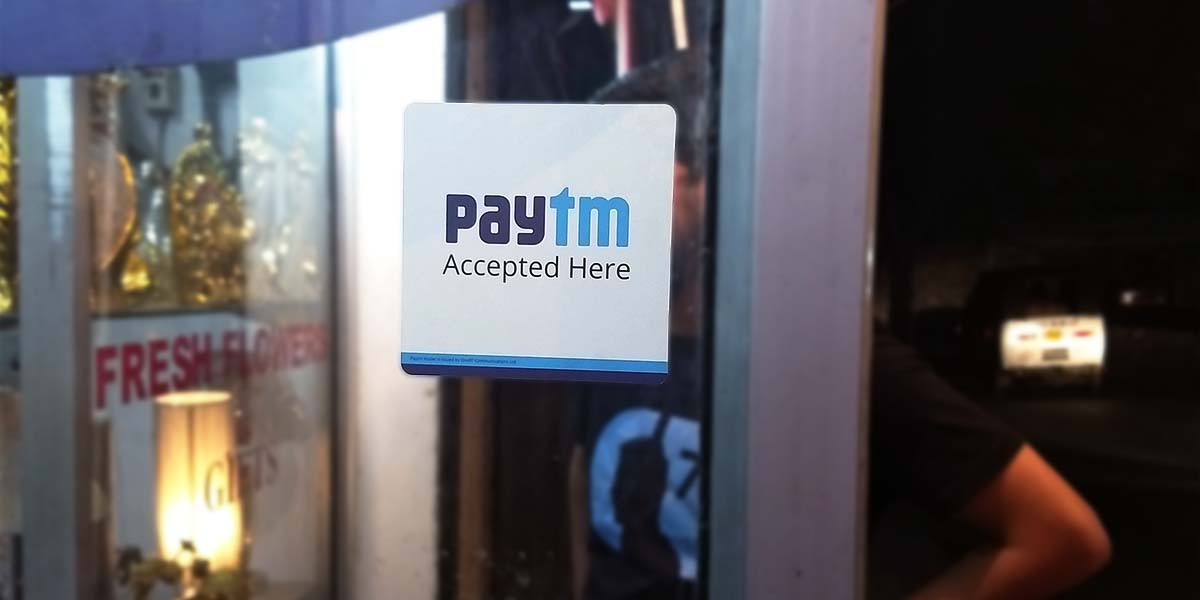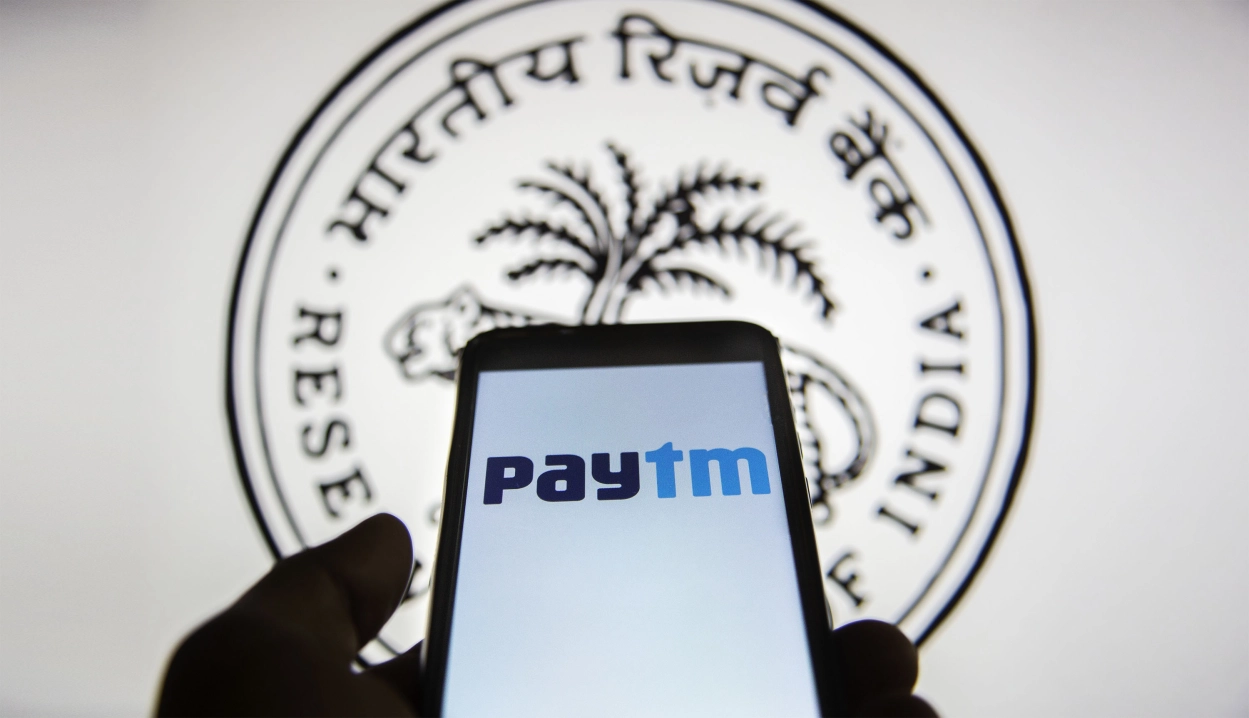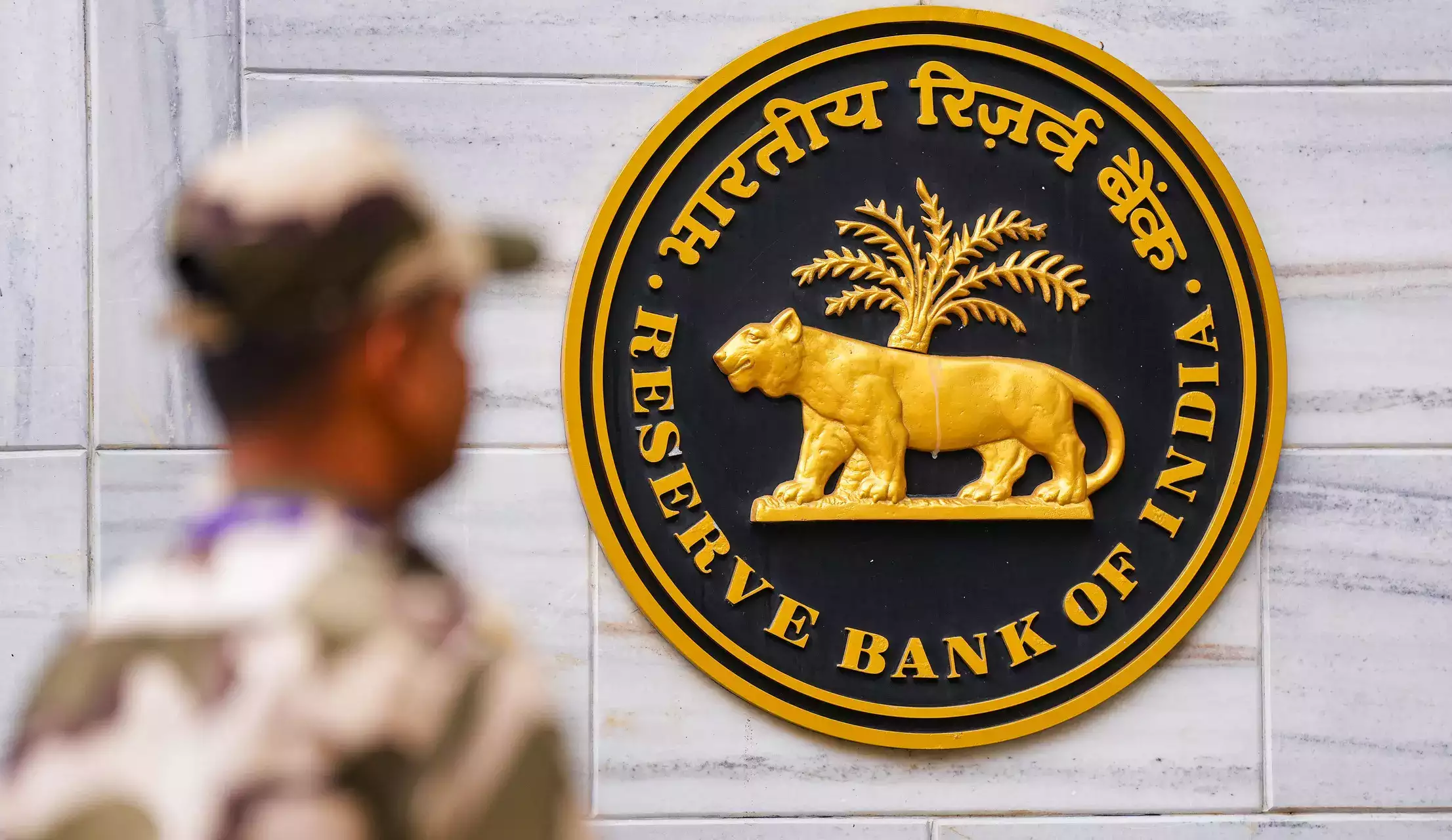Shares of Paytm plummeted 10% on Monday, marking the third consecutive session of declines and reaching an all-time low of 438.35 Indian rupees (or $5.28). This drop follows the Reserve Bank of India’s (RBI) recent restrictions, which have had a more significant impact than initially anticipated.
Key Takeaway
Paytm’s shares plunged 10% following the RBI’s clampdown, leading to significant market cap erosion and operational challenges for the financial services firm.
Market Impact
Paytm’s trading was halted after its shares fell 10%, hitting the artificial limit imposed by local exchanges. Despite initially projecting a maximum annual impact of $60 million from the RBI’s decision, the financial services firm has seen a market cap reduction of about $2.5 billion in just three days, representing over 40% of its value since the close of trading on Wednesday.
RBI’s Restrictions
The RBI’s expanded curbs on Paytm’s Payments Bank, which processes transactions for Paytm, have led to the prohibition of several banking services, including accepting fresh deposits and credit transactions. In response, Paytm announced its intention to terminate business with its affiliate and seek partnerships with other banks.
Uncertainties and Challenges
However, the process of separating Paytm from its affiliated Paytm Payments Bank has presented additional technical and perceptual challenges. The uncertainty surrounding the potential cancellation of Paytm’s Payments Bank license by the RBI has further complicated the situation.

























